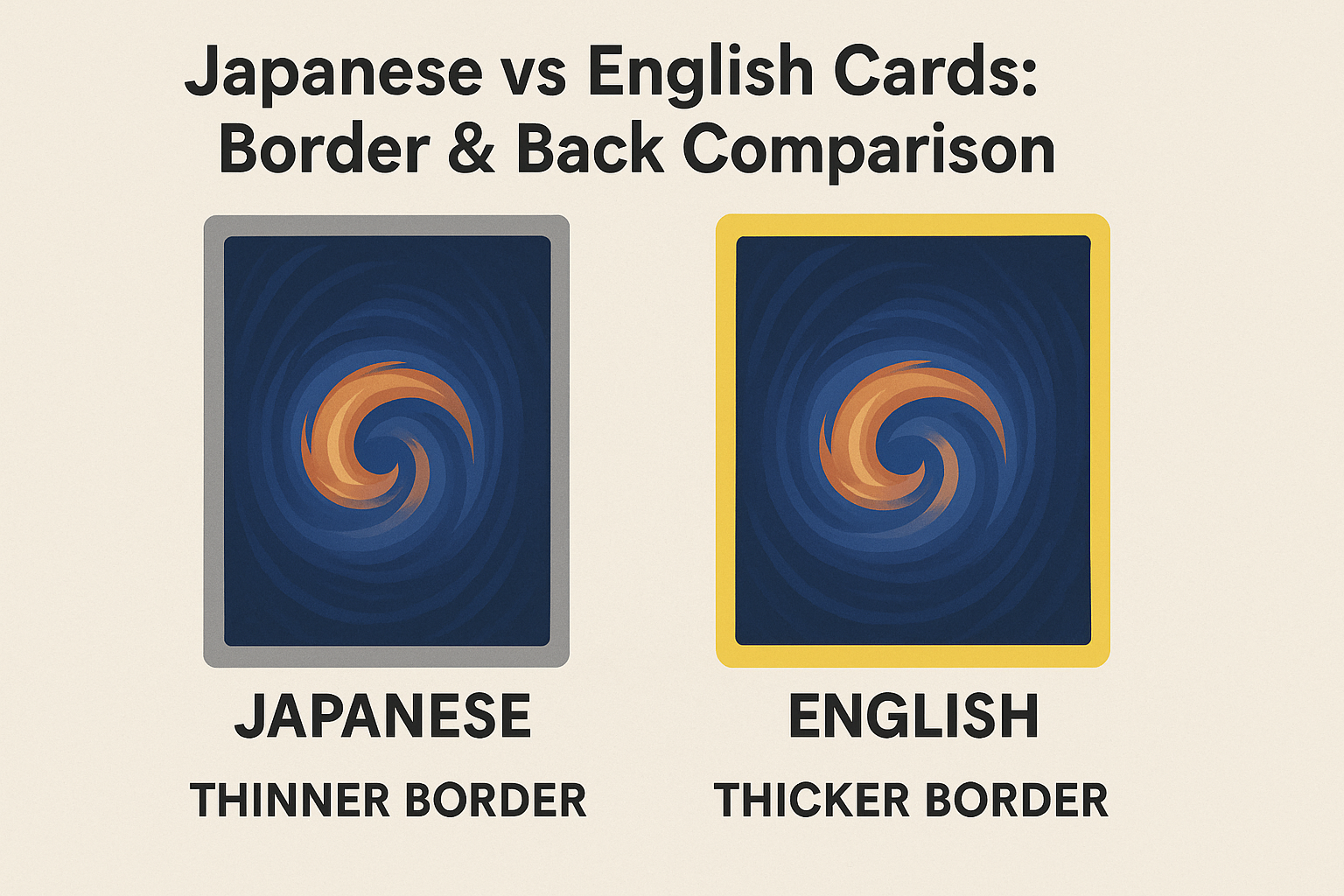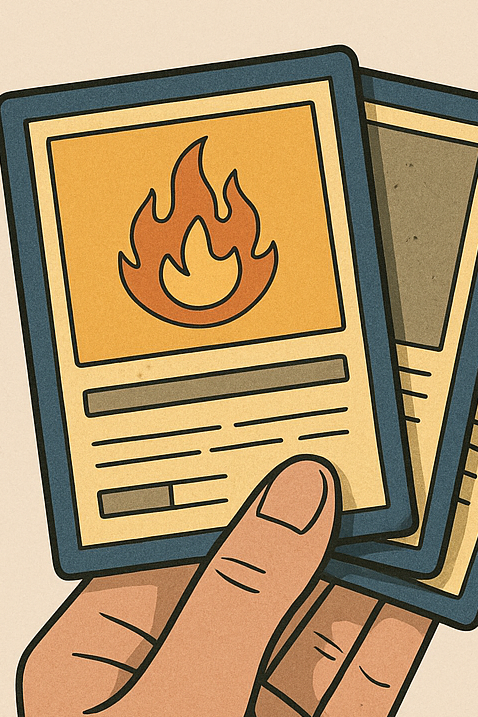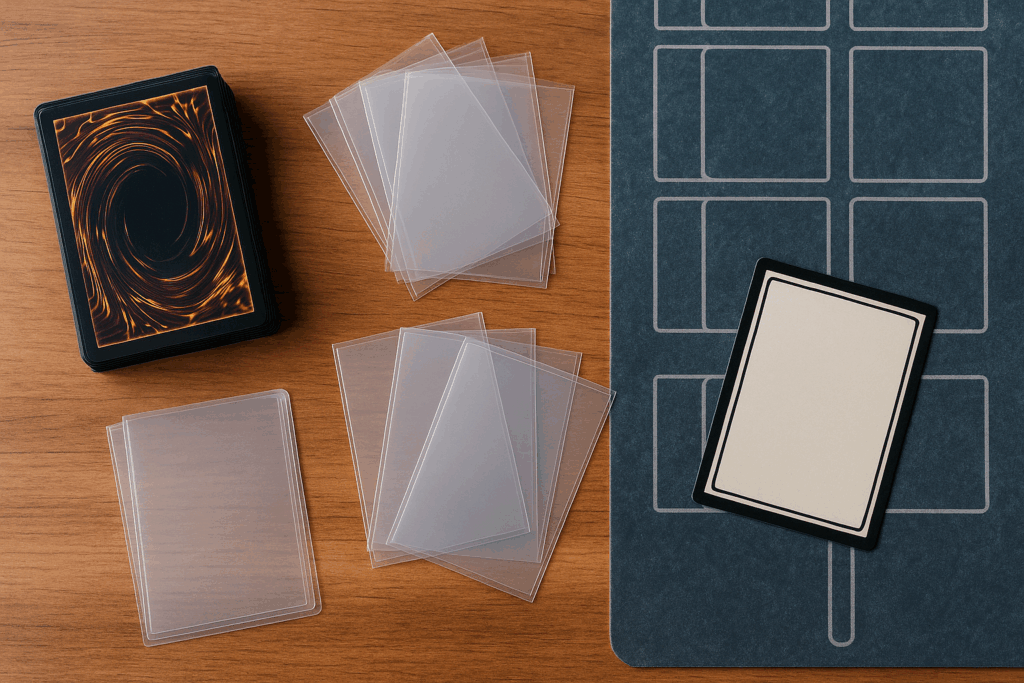Japanese vs English Pokémon Cards: Which Should You Collect?
Japanese vs English Pokémon Cards: Key Differences & Buyer Guide
When buying Pokémon cards, many collectors and players ask: Should I get Japanese or English cards? Both have their unique appeal, but they differ in print quality, rarity, artwork, pricing, and availability. In this guide, we’ll compare Japanese vs English Pokémon cards across multiple factors to help you make the best choice for your collection or deck.
Key Differences Between Japanese and English Cards
1. Print Quality
Japanese cards are widely known for their superior print quality. This includes:
- Sharper colors and cleaner lines
- Smoother card surfaces
- Tighter centering
Collectors often praise the consistent quality control in Japan, which results in fewer printing defects.
“For grading purposes, Japanese cards usually score higher on centering and print quality.”

2. Card Backs and Borders
While the front designs are similar, the backs are visually different:
| Feature | Japanese Cards | English Cards |
|---|---|---|
| Back Design | Blue Poké Ball with Japanese text | Blue Poké Ball with English text |
| Border Color | Lighter, grey-toned | Yellow border |
These differences can affect aesthetic preference and grading standards.
3. Release Timing
Japanese sets are often released months earlier than their English counterparts. For example:
- SV9: Battle Partners launched in Japan first
- Sets like VSTAR Universe or Shiny Treasure may remain Japan-exclusive
This early access can be a big plus for collectors chasing new cards.
4. Card Rarity & Pull Rates
Japanese booster boxes tend to be more predictable:
- Consistent number of hits per box
- Some guarantee Secret Rare or better
English packs have more variance, making them more exciting (or frustrating).
| Set Type | Japanese Box Hits | English Box Hits |
| Standard | ~1 SR/HR, 3-4 hits | Varies widely |
| High Class | 10+ hits guaranteed | N/A or mixed |
5. Pricing and Value
- Japanese singles are often cheaper initially
- Sealed Japanese boxes are more affordable per card
- English cards may retain value better in Western markets due to demand
6. Availability
Buying Japanese cards often means:
- Importing from Japan
- Waiting longer for delivery
- Less access to local trading
English cards are widely available in retail stores, making them easier to collect casually.

Pros and Cons Summary
Japanese Cards
Pros:
- Higher print quality
- Earlier release dates
- Consistent pull rates
- Exclusive art styles
Cons:
- Harder to find locally
- Language barrier for players
English Cards
Pros:
- Easier to buy and sell in UK/US
- Compatible with official tournaments
- Higher resale value in Western markets
Cons:
- Lower print consistency
- More unpredictable pull rates

Which Should You Choose?
If you value art quality, consistency, and getting cards early, Japanese cards are the way to go. If you’re focused on playing in official tournaments, trading locally, or maximizing resale value, English cards make more sense.
Many collectors enjoy a mix—investing in Japanese for display and English for play.
“Japanese cards are like fine art prints—you collect them for beauty. English cards are the ones you battle with.”
Related Posts
- What’s Inside a Pokémon Booster Pack? Pull Rates & Card Types
- Top 5 Pokémon Booster Boxes to Buy in 2025
- The $500 Pokémon Card That Was Almost Thrown Away
External Source
For more technical info, visit Pokémon TCG Official Card Database .
Start Hunting
Ready to try both? Browse Japanese and English Pokémon packs and experience the best of both worlds. Sign up for our newsletter for exclusive drops and discounts!
FAQ
Are Japanese Pokémon cards legal in tournaments?
No. Official tournaments outside Japan usually only allow English cards.
Can I mix Japanese and English cards in a collection?
Absolutely. Many collectors display both, but mixing in play decks may be restricted.
Are Japanese cards fake if they look different?
No. They are just printed differently. Always buy from trusted shops.